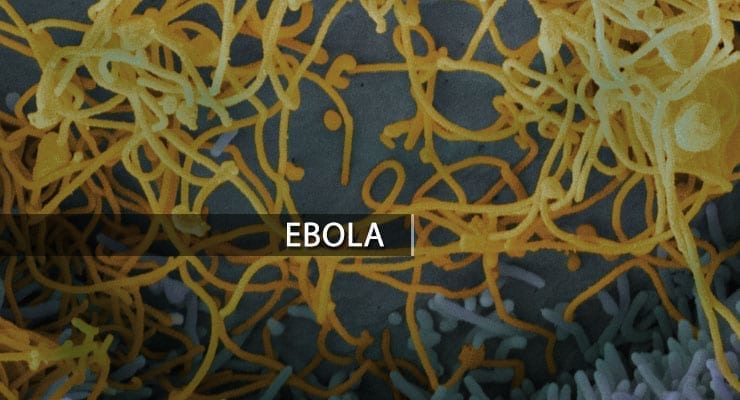The World Health Organization (WHO) Director-General last week convened the 7th meeting of the Emergency Committee regarding the Ebola virus disease (EVD) outbreak in West Africa.
The event took place by teleconference, with follow-on email coordination of findings.
Since the previous meeting of the Committee, Liberia has been declared free of EVD transmission for a second time (Sep. 3 2015), the overall case incidence in Guinea and Sierra Leone has been below 10 cases per week, and the Sierra Leonean capital city of Freetown has remained free of EVD transmission for over 42 days.
The Committee noted the enhanced Ebola control measures being implemented in each country and reaffirmed the importance of the community outreach, social mobilization, and other best practices.
However, 2 active chains of EVD transmission continue, one in Guinea and one in Sierra Leone. The Committee highlighted that the continued identification (including post-mortem) of cases not previously registered as contacts, resistance to response operations in some areas, and the ongoing movement of cases and contacts to Ebola-free areas, all constitute risks to stopping all EVD transmission in the subregion.
The Committee noted the small number of Ebola cases in which virus from a convalescent individual could not be ruled out as the origin of infection; while viral persistence is understood to be time-limited, further investigation is needed on the nature, duration and implications of such persistence.
The Committee was concerned that although some improvements have been observed in the rescinding of excessive or inappropriate travel and transport measures, 34 countries continue to enact measures that are disproportionate to the risks posed, and which negatively impact response and recovery efforts. Furthermore, a number of international airlines have yet to resume flights to the affected countries.
The Committee further advised the following temporary recommendations for States with confirmed cases, which supersede and replace those issued previously:
- There should be no international travel of Ebola contacts or cases, unless the travel is part of an appropriate medical evacuation.
- Confirmed cases should immediately be isolated and treated in an Ebola Treatment Centre with no national or international travel until 2 diagnostic tests conducted at least 48 hours apart are negative.
- Contacts should be monitored daily, with restricted national travel and no international travel until 21 days after exposure.
- Probable and suspect cases should immediately be isolated and their travel should be restricted in accordance with their classification as either a confirmed case or contact.
- States should conduct exit screening of all persons at international airports, seaports and major land crossings, for unexplained febrile illness consistent with potential Ebola infection. The exit screening should consist of, at a minimum, a questionnaire, a temperature measurement and, if there is a fever, an assessment of the risk that the fever is caused by Ebola virus.
- States should share exit screening data with WHO on a regular basis. Such exit screening must be maintained for at least 42 days after the last case has twice tested negative for Ebola virus.
- Encourage countries to maintain exit screening until EVD transmission has stopped in the entire subregion.
- Prohibition of the cross-border movement of the human remains of deceased suspect, probable or confirmed EVD cases unless specifically authorized on a case-by-case basis by relevant national authorities.
Based on the updated information, the WHO Director-General declared that the 2014-2015 Ebola outbreak in these West African countries continues to constitute a Public Health Emergency of International Concern. The Director-General endorsed the Committee’s advice and issued that advice as Temporary Recommendations under the International Health Regulations.



